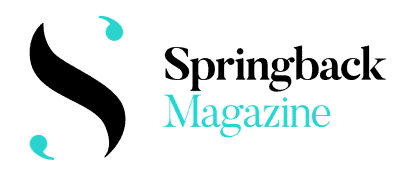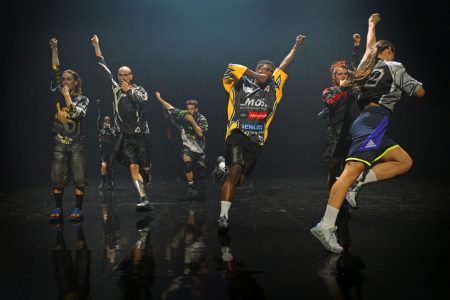The workshop was followed by a talk entitled ‘Ocean reflections: performing arts and decolonial ecology’ by Julia Schade, a postdoctoral researcher in media studies at the Ruhr University in Bochum. Aiming to readjust how we view the ocean today, and using examples from both visual and performance art, her talk scrutinises ‘colonialism in relation to the performing arts’ and how the ocean and its representations are evolving. ‘Recent reflections in the performing arts and postcolonial studies have made it abundantly clear that the ocean can no longer be seen as some romantic European trope of the unlimited.’
 Perspectives on Turner’s The Slave Ship (Museum of Fine Arts, Boston)
Perspectives on Turner’s The Slave Ship (Museum of Fine Arts, Boston)
The first artwork she presents is William Turner’s masterpiece The Slave Ship, completed in 1840. It depicts the horrific outrage of 1781 when, short of drinking water, the captain of the British ship Zong orders that sick and dying enslaved Africans be thrown overboard in order that insurance for lost ‘cargo’ be claimed. In the painting, the plight of the drowning victims is discernible beneath the water. In revealing this atrocity, The Slave Ship was an early example of Bruno Latour’s ‘double fracture of modernity’: a mistrust in modernity spurred by discrepancies between values and facts. The painting served as powerful political commentary, and changed perspectives.
Schade follows with examples of other artworks where ‘the ocean appears as a repository of memory and trauma’. Selina Thompson’s performance Salt (UK, 2016) describes the sea as a ‘liquid tomb’, and John Akomfrah’s video installation Vertigo Sea (UK, 2015) demonstrates ‘decolonial ecology’, the term used today to describe the intersection of environmental and decolonial theory.
The exposé ends with the most explicit illustration of ‘submerged perspective’, where ‘voices are listened to that usually go unheard’: an extract of a documentary entitled Purple Sea by Syrian artist and filmmaker Amel Alzakout. Using an underwater GoPro camera, she films her harrowing experience of floating in the sea, waiting for rescue after her boat, supposedly sailing her to safety, sank. We see the murky water and hear the gurgling, garbled voices. The full documentary lasts 67 inscrutable minutes. We are compelled to ‘engage in the unsettling exercise of listening to drowning voices’, which Schade had previously described as the essence of engagement with decolonial ecology today.










